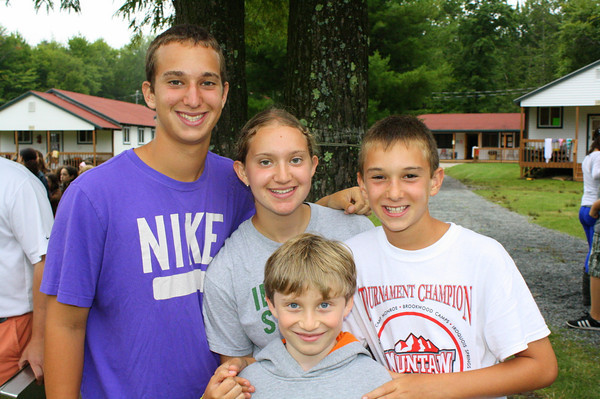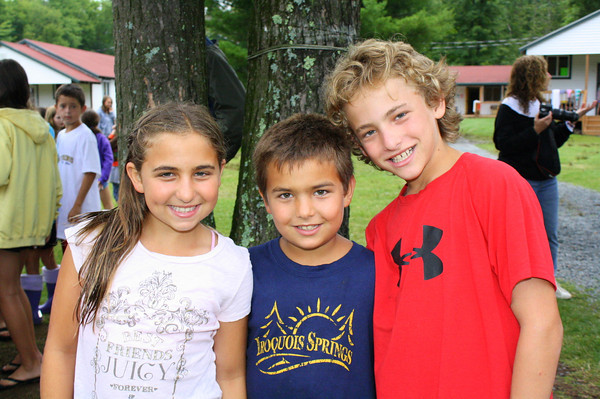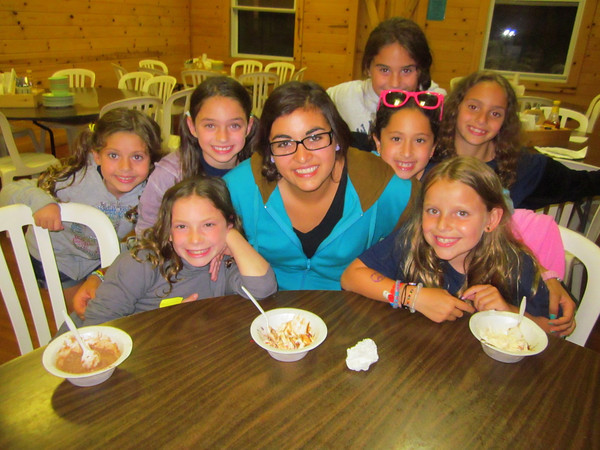Kids and Stress
The stress of being an adult can be overwhelming at times. With so many responsibilities and obligations, we often wish we could go back in time and live the carefree lives our children do, free of stress and worry. Back to a time free of work, bills, and taking care of others. But we couldn’t be more wrong. Children do experience stress. And though it may be difficult to think that a child’s life could be stressful, the stress they feel is real and can negatively impact their health and well being. The pressures that kids face in today’s world are greater than ever before, and it is more important than ever to help kids learn to deal with stress in healthy ways.
Kidshealth.org defines stress as, what you feel when you are worried or uncomfortable about something. And though occasional stress is normal and can motivate and help us succeed; constant stress can cause problems. Stress can take on behaviors of anger, frustration and fear, and can lead to real physical symptoms like headaches and stomachaches.
So what do kids stress about? There are many life triggers that can lead to stress reaction in children. Some common worries are school work, being overscheduled, peer pressure, fitting in, parents losing a job, moving, and divorce. Excessive stress can bring on more than headaches and stomachaches. The American Psychological Association talks about some of the following changes to look for that can identify stress:

– Changes in appetite and eating habits.
– Feeling sick before school.
– Changes in peer interaction
– Excessive anger
– Detachment
– Changes in sleep
– Lying or defying authority
– Becoming disagreeable
While screaming or acting out may release some tension, these behaviors don’t really solve the problem. So what is a parent to do to help a child feel less stressed and more empowered to deal with life’s stressors? Stress will always be a part of our lives, so how we deal with it will be at the core of us leading happy and healthy lives.
Here are some useful tools:
Get Support: Encourage children to talk about their feelings with a family member, trusted adult (like a teacher, counselor or coach) or friend. Having their feelings acknowledged and understood reinforces that they are not alone and will get through this.
Exercise: Suggest doing something physical like going for a walk or bike ride. Exercise is a good tool for fighting stress. Mayoclinic.com states that one way to gain control over the stress in your life is through regular exercise. Exercise also improves self-confidence and helps with mild anxiety and depression.
Get Enough Sleep: Sleep is a powerful tool in stress management. Being well rested better enables us to take on the day.
Use Relaxation Techniques: Teach the use of deep breathing exercises. Deep breathing will help to pause, relax, and refocus. A clear head will make it easier to approach stressors.
Start Journaling: Writing down feelings allows kids to cope with their anger and stress by getting it all down on paper. Being able to see something in writing and identify stressful patterns can help a child come up with solutions.
Read a Book: There are plenty of books written for children on stress management techniques. Make a visit to the library and find an age appropriate book to help children feel understood and cared for. Read it together and have them talk about what they can apply to their own lives.
Find Balance: Take a look at your child’s schedule and drop an activity or two if they are feeling the stress of being overscheduled.
 Listen to Music: Teach your children to enjoy music, as it can have a calming and relaxing effect.
Listen to Music: Teach your children to enjoy music, as it can have a calming and relaxing effect.
Set a Good Example: Children often pick up stress from parents and caregivers, so stay calm and take care of you. Most importantly, let your kids know you love and value them and will help them through any stressors that come their way.
Give a Camp Experience: Camp provides a genuinely happy environment where kids can relax and take a break from daily stressors. Kids put down their electronics, close the school books and focus on having fun with each new adventure. Campers experience a truly nurturing environment where they build self-esteem, develop lifelong friendships, and enjoy a stress free summer.


